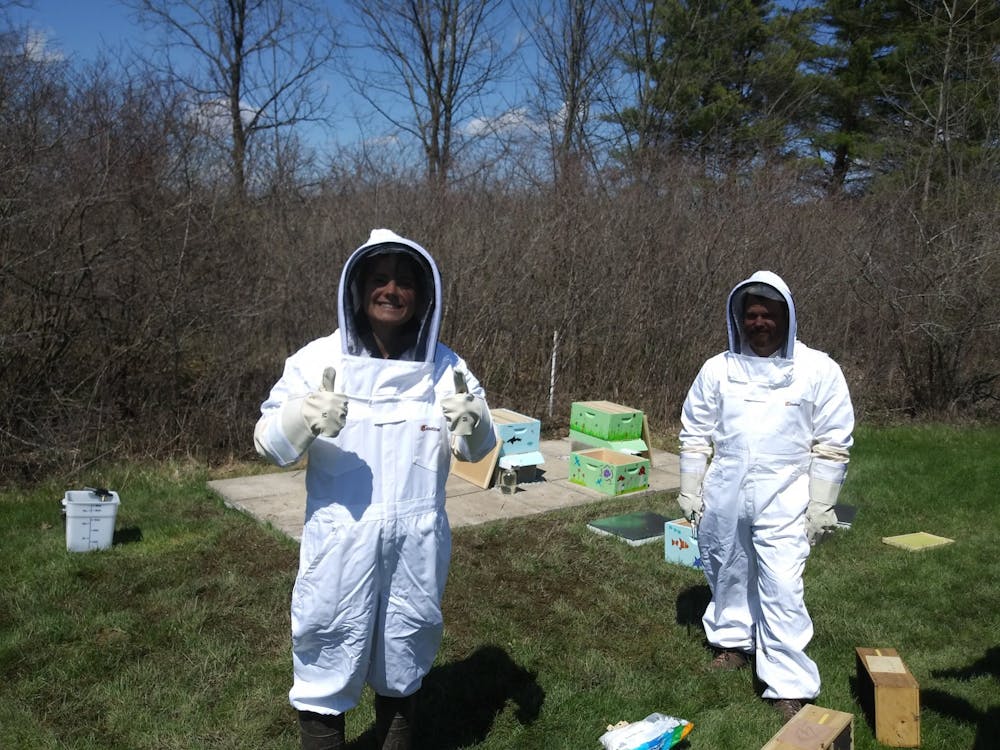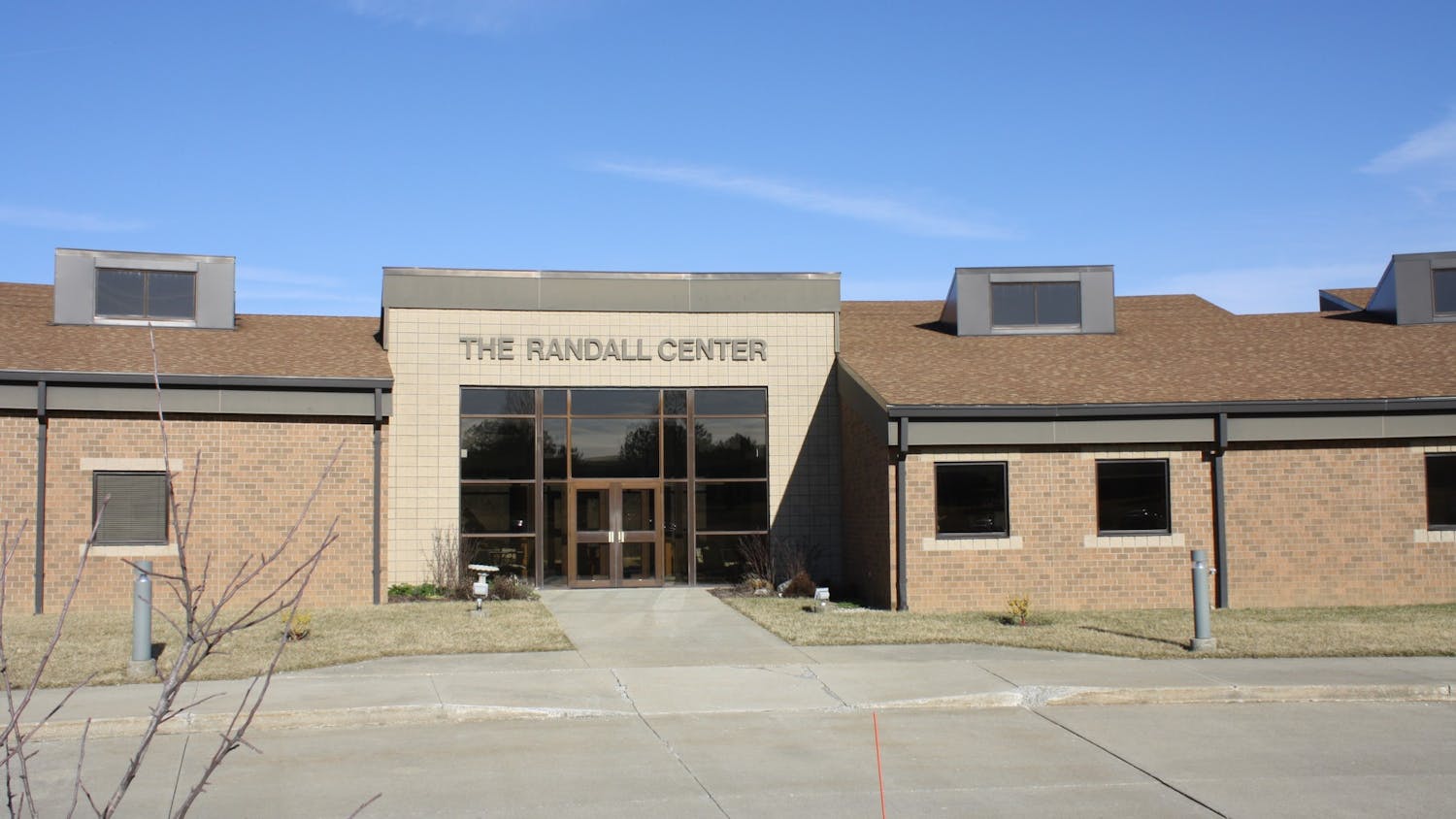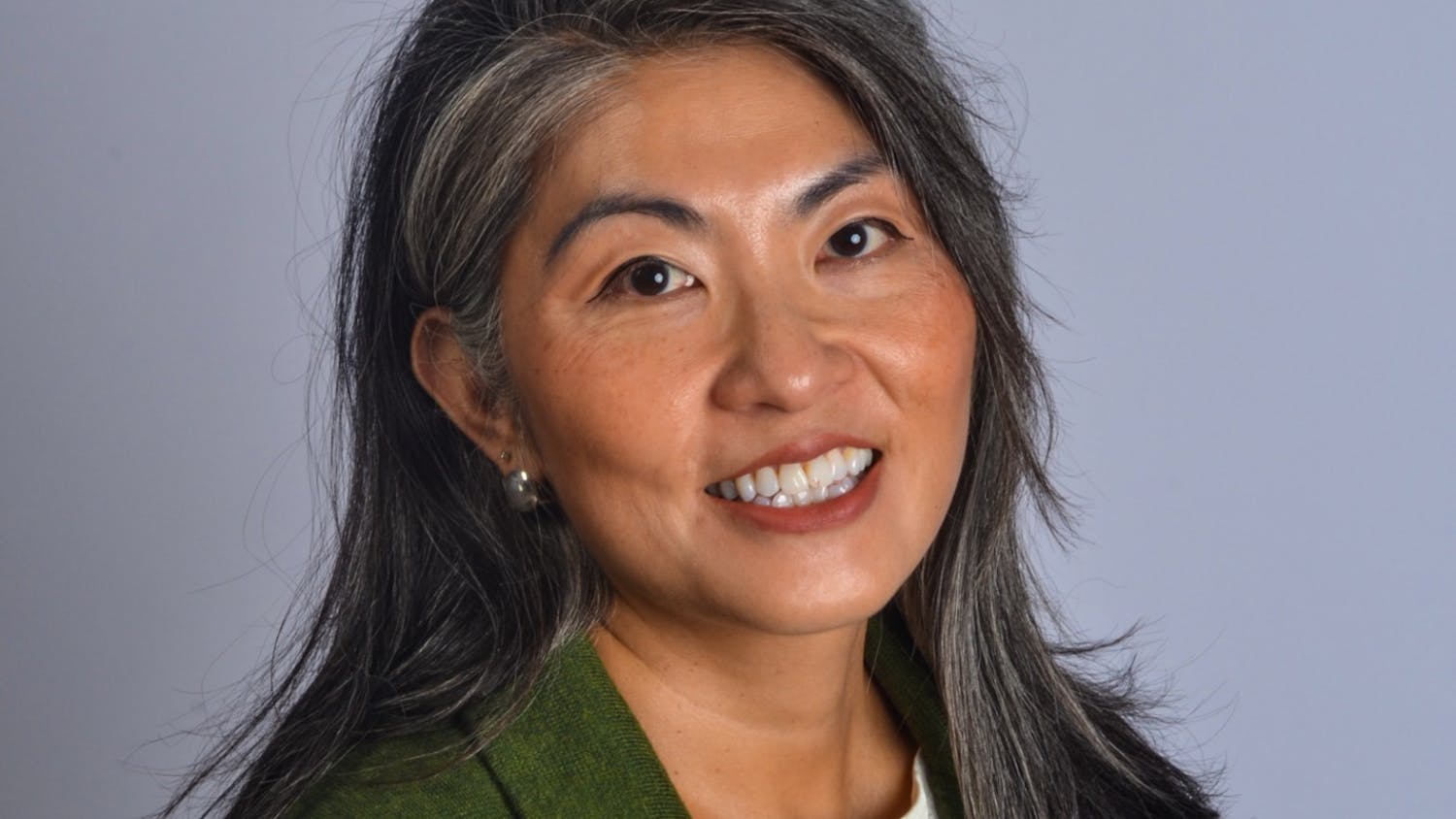A community is only as strong as its buzz, and bees do this best.
Since the earliest civilizations known to man, these honey producing insects have been silently showing their importance to not only the landscape, but the economy.
Besides scaring young children and buzzing around flowers, bees provide between $235 and $577 billion of the value needed for annual global food production. In fact, some plants, like almonds, rely almost entirely on the pollination from honey bees while fruits like blueberries and watermelon would be incredibly scarce without this help.
In addition to pollination, we continue to use the byproducts bees leave behind in a variety of ways. In addition to wound dressing, honey has been incorporated in lotions and cosmetics while beeswax has been used as a plastic, polish or candle.
According to the USDA, a single colony of honey bees is worth 100 times more to the economy than the beekeeper, and Taylor now has three of them.
The earliest beekeepers were in Egypt, their cave paintings depicting their specific process of beekeeping. The winged creatures became such an asset to life in Egypt that they were soon coined sacred. They began to indicate political authority as well as the power of the gods they believed in. Honey offerings would be made to the political leaders of the time and it was believed that when Re the sun god cried, his tears would turn into bees, pollinating the earth beneath him.
Honey was used as not only a food but a medicine the people applied to wounds and beeswax was a tool used for mummification. Almost every aspect of early Egyptian life included the bee and our modern lifestyles here at Taylor continue to do so, in ways that might not be noticed.
While the idea to bring bees to Taylor has been in the minds of students and staff for a few years, this year, Creative Dining Service Sustainability Director, Janine Oberstadt, who wears the hat of a beekeeper as well, was able to provide Taylor with all the necessities for establishing and maintaining bees on campus, including the hives, protective clothing and over 30,000 bees.
Not only this but two chefs, three students and Phil Grabowski, assistant professor of sustainable development, were given the opportunity to attend “bee school” where they would learn the ins and outs of the job.
“First, Janine ordered all that we would need and Nathaniel Malone brought it all to Taylor,” Grabowski said. “Next, we all went to a one day ‘bee school’ in Muncie in February to be trained in beekeeping.”
After preparing the caretakers for these new residents, preparing the land for them was a process as well.
Ground near Randall had to be approved to be leveled, pavers were put down to subdue weed growth and cinder blocks stacked to create a foundation for the hives.
Once everything was ready, the bees arrived all at once, buzzing to see their new homes and gardens. Each colony was delivered in a different shoe-box sized package containing around 10,000 bees each, including a queen bee, and they would not be decorating their own rooms.
“We decided to paint the hives to engage more students and to help the bees know which hive is theirs,” Grabowski said. “Otherwise they supposedly can drift between hives, which is not ideal.”
To get the bees started on their journey to provide the greatest honey in Upland, the beekeeping students, chefs and Grabowski have fed the bees sugar water. This mimics nectar, giving the bees a feel for pollinating.
This only has to be done for a week before the bees are given free reign of the fruits and vegetables located by their hives behind the Randall science building.
“They (students) will hopefully be able to taste the honey and eat the fruits and vegetables pollinated by the bees,” said Grabowski. “We have apples, cherries and pears on campus by Randall and the vegetable garden and the bees will help improve pollination.”
While it might take about a year before the honey created by these bees is ready, Grabowski hopes that Taylor students will be able to recognize the great benefit these tiny creatures give to campus and their overall wellbeing.
Even the smallest of members of a community can create an impact bigger than themselves and by caring for this piece of God’s creation, Taylor can become a brighter beacon for Christ.
“For Taylor University, I see the bees as part of a bigger picture of helping us all get more connected with where our food comes from, which allows us to work towards shalom, restoring relationships with God, each other and creation,” Grabowski said. “Caring for the bees and tasting the sweetness of their labor is a privilege and one example of stewarding creation to the glory of God.”





